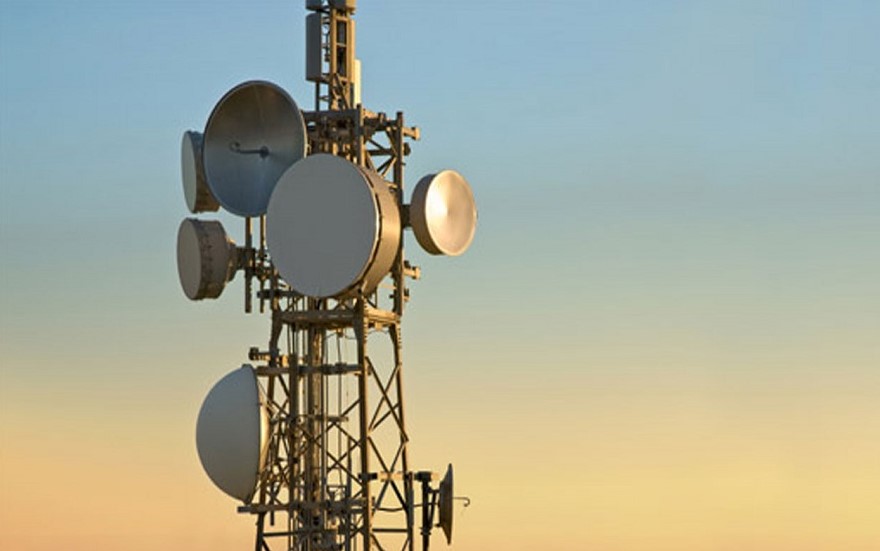Broadband penetration in Nigeria declined to 41.56% in September even as the country intensifies efforts to achieve 70% through the implementation of the National Broadband Plan (NBP 2020-2025).
This is according to the latest industry data released by the Nigerian Communications Commission (NCC).
The number of Nigerians having access to high-speed internet declined from 94.3 million in March to 90.1 million in September, bringing down the penetration figure.
As of March 2020 when the National Broadband Plan was launched, Nigeria’s broadband penetration stood at 39.85% with some 75.4 million Nigerians connected to broadband service.
Cause of the decline
Although broadband access in the country is hampered by multiple challenges such as poor infrastructure and the high cost of Right of Way, among others, the September decline in the number of broadband subscriptions may not be unconnected with the NIN verification issue.
Nairametrics earlier reported that the four mobile network operators in the country, MTN, Airtel, Globacom, and 9mobile lost 64.3 million to the verification exercise mandated by the telecom regulator.
At the end of the exercise in September, the four telcos were left with 154.6 million active subscriptions at the end of September from 219 million recorded in March this year.
Missing the targets
Outside the impacts of the NIN-SIM verification, the country has so many boxes yet to be ticked on the journey to 70% broadband penetration
Going by the timelines of the Plan, broadband penetration in the country is expected to be at 50% at the end of 2023. However, at the end of the year, penetration stood at 43.71% before declining to 41.56% in September this year.
- Recognizing the high cost of smartphones as one of the access barriers to broadband in the country, the Plan developed by key experts in the ICT industry appointed by the government, recommends that the country should have at least one smartphone assembly plant by 2023.
- This was to ensure the price of an entry-level smartphone in the country could be as low as N18,000.
- However, the country currently has no local smartphone assembly plant, while costs of smartphones in the country have skyrocketed as a result of the Naira devaluation. The cheapest smartphone in the market currently sells for more than N100,000.
- According to the Plan, part of the milestones to measure progress include that 70% of telecom subscriptions should be on 4G by 2023. However, NCC’s data shows that only 44.96% of the 154.6 million active mobile subscriptions in the country were on 4G as of March 2024.
- Indeed, 43.53% of mobile subscriptions in Nigeria were still on 2G network as of September, according to NCC data.
What you should know
In what could be seen as last-minute efforts to ensure that the country meets its target in 2025, the Ministry of Communications, Innovation, and Digital Economy has in recent times rolled out some initiatives targeted at deepening connectivity in the country.
- One of such initiatives is Project 774 LG Connectivity, an initiative designed to address limited internet and digital access by connecting all 774 Local Government secretariats across Nigeria to the internet.
- In addition, the government also recently announced plans to launch a Special Purpose Vehicle (SPV) for the delivery of an additional 90,000km of fibre optic cable to complement existing connectivity for universal access to the internet across Nigeria.
According to the Communications Minister, Dr. Bosun Tijani, working with partners and stakeholders from the government and private sector, the SPV would build the additional fibre optic coverage required to take Nigeria’s connectivity backbone to a minimum of 125,000km, from the current coverage of about 35,000km.
